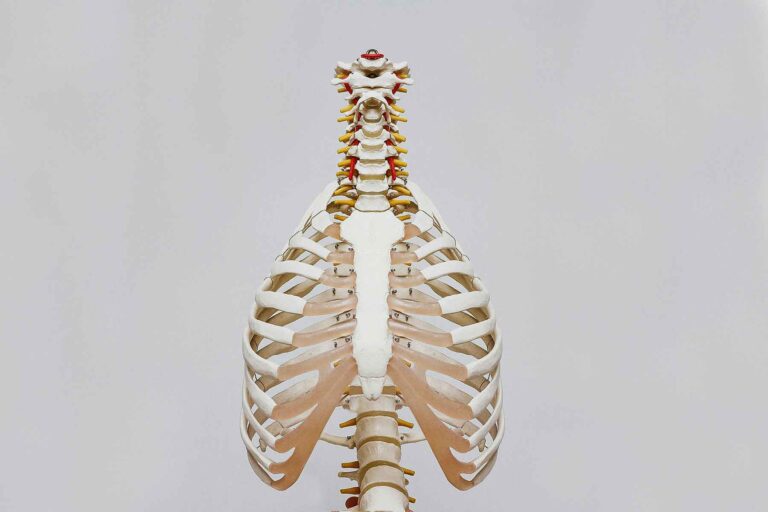
What are the benefits walking a mile a day?
Visit these pages and apps to continuous your journey.
Walking a mile a day can have numerous benefits, including:
- Improved Cardiovascular Health: Regular walking can strengthen your heart, reduce blood pressure, and increase circulation.
- Weight Management: Walking a mile a day can help with weight loss and maintenance, as it burns calories and builds metabolism.
- Increased Energy: Daily walking can boost energy levels and reduce fatigue.
- Reduced Stress and Anxiety: Walking can help clear your mind, reduce stress, and alleviate symptoms of anxiety and depression.
- Improved Sleep: Regular walking can help regulate sleep patterns and improve overall sleep quality.
- Increased Productivity: Taking a daily walk can help increase focus, creativity, and productivity.
- Better Digestion: Walking can help stimulate digestion, reduce symptoms of constipation, and improve overall gut health.
- Stronger Bones: Weight-bearing exercise like walking can help strengthen bones and reduce the risk of osteoporosis.
- Improved Mental Clarity: Daily walking can help clear your mind, improve concentration, and enhance cognitive function.
- Reduced Risk of Chronic Diseases: Regular walking can reduce the risk of chronic diseases, such as heart disease, type 2 diabetes, and certain types of cancer.
Remember, every step counts, and walking 1 mile a day is a great starting point for a healthier lifestyle!
how much weight can you lose walking 2 miles a day?
Walking 2 miles a day can lead to sustainable weight loss, with an estimated burn of 100-140 calories per mile for an easy pace. This translates to a daily calorie deficit of 200-280 calories. Assuming a consistent walking routine and a balanced diet, here’s a breakdown of potential weight loss:
- 1-2 pounds per week: A safe and sustainable rate of weight loss, achieved by creating a calorie deficit of 500-1000 calories per day through walking and diet.
- 4-6 pounds per month: A realistic estimate of weight loss, assuming a consistent 2-mile daily walk and a balanced diet.
- 12-24 pounds in 6 months: A potential weight loss target, achieved by maintaining a daily walking habit and a healthy lifestyle.
Remember, individual results may vary, and weight loss depends on factors like diet, starting weight, and overall activity level. However, walking 2 miles a day can be a great starting point for a weight loss journey.
walking 2 miles a day for a month results?
Weight Loss:
- Average weight loss: 8-12 pounds (3.5-5.5 kg)
- Fat loss: 2-4% body fat reduction
Physical Health:
- Improved cardiovascular health
- Increased lung function and oxygen capacity
- Enhanced immune system function
- Reduced blood pressure and cholesterol levels
Hormonal Changes:
- Increased production of feel-good hormones like endorphins and serotonin
- Improved insulin sensitivity and glucose metabolism
- Potential increase in human growth hormone (HGH) production
Skin and Beauty:
- Improved skin tone and texture
- Reduced appearance of fine lines and wrinkles
- Increased collagen production for healthier skin
- Hair growth and strengthening
Sexual Health:
- Improved libido and sexual function
- Increased testosterone levels in men
- Enhanced fertility and reproductive health
Mental and Emotional:
- Reduced stress and anxiety levels
- Improved mood and overall sense of well-being
- Enhanced cognitive function and focus
- Increased self-esteem and confidence
Other Benefits:
- Improved sleep quality and duration
- Increased energy levels and reduced fatigue
- Enhanced creativity and productivity
- Better digestion and reduced symptoms of IBS
Remember, individual results may vary, and these benefits are based on average outcomes. Consistency and a balanced lifestyle are key to achieving these results.
Is 30 minutes of walking enough exercise?
- Improves cardiovascular health by strengthening heart and lungs.
- Boosts mood and energy levels through endorphin release.
- Supports weight management by burning calories and building metabolism.
- Reduces risk of chronic diseases like heart disease, diabetes, and some cancers.
Considerations:
- Duration: 45-60 minutes for enhanced benefits, such as increased calorie burn and improved cardiovascular fitness.
- Frequency: Aim for daily walking to establish a consistent habit and maximize benefits.
- Intensity: Incorporate brisk race walking, hills, or stairs to increase intensity and challenge yourself.
- Combination: Pair with strength training or high-intensity interval training (HIIT) for comprehensive fitness and muscle growth.
FAQs
Yes, gentle walking can help alleviate symptoms, but consult your doctor first.
Yes, short walks with proper footwear and pace can help reduce pain and inflammation.
Yes, low-impact walking can help maintain joint mobility and reduce stiffness.
Yes, regular brisk walking can aid in weight loss and improve overall fitness.













